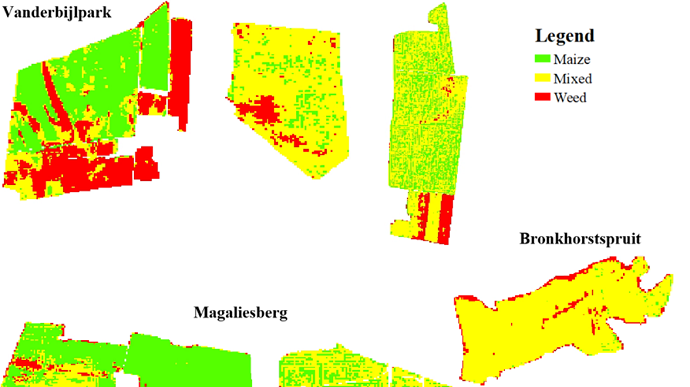 Photo
Photo
This classification map shows the different types of plants in a crop field in various areas in Gauteng. The legend shows red for weeds, green for maize and yellow for mixed growth areas.
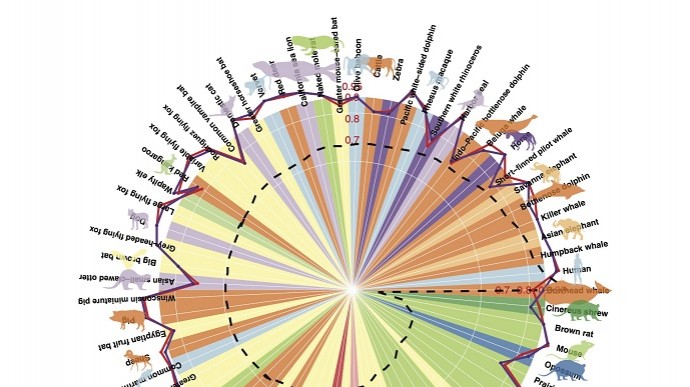 Photo
Photo
Aging has long been thought to be the result of random cellular damage or degradation over time, but this latest research shows that the epigenetic aspects of aging in fact follow a predetermined “programme”.
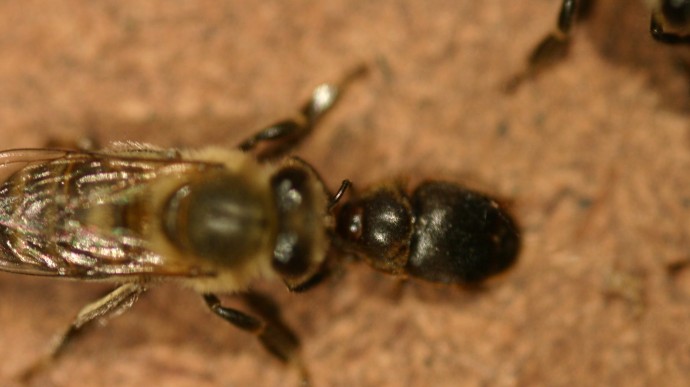 Photo
Photo
Small hive beetles (Aethina tumida) sometimes invade nests to feed on pollen and honey stores, and to lay eggs. So African honeybee subspecies herd the tiny insects into inaccessible cracks and corners of the nest where they can cause no harm. The beetles then dupe the bees that keep them prisoner into providing them with the best food in the hive.
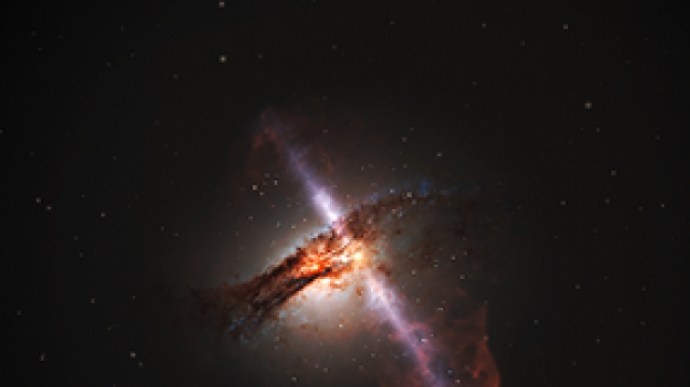 Photo
Photo
Research by an international team of scientists led by the University of Pretoria’s (UP) Dr Jack Radcliffe has clarified the eating habits of massive black holes.
 Photo
Photo
The Event Horizon Telescope (EHT) collaboration, who produced the first ever image of a black hole released in 2019, has today a new view of the massive object at the centre of the Messier 87 (M87) galaxy: how it looks in polarised light. This is the first time astronomers have been able to measure polarisation, a signature of magnetic fields, this close to the edge of a black hole. This image...
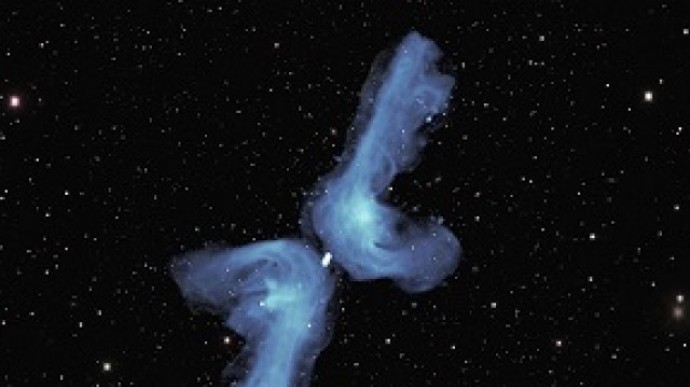 Photo
Photo
A team of astronomers from South Africa and the USA has used the MeerKAT telescope to solve a longstanding puzzle in ‘X’-shaped radio galaxies by observing a galaxy called PKS 2014-55 that’s situated 800 million light years away from Earth.
Copyright © University of Pretoria 2025. All rights reserved.
Get Social With Us
Download the UP Mobile App